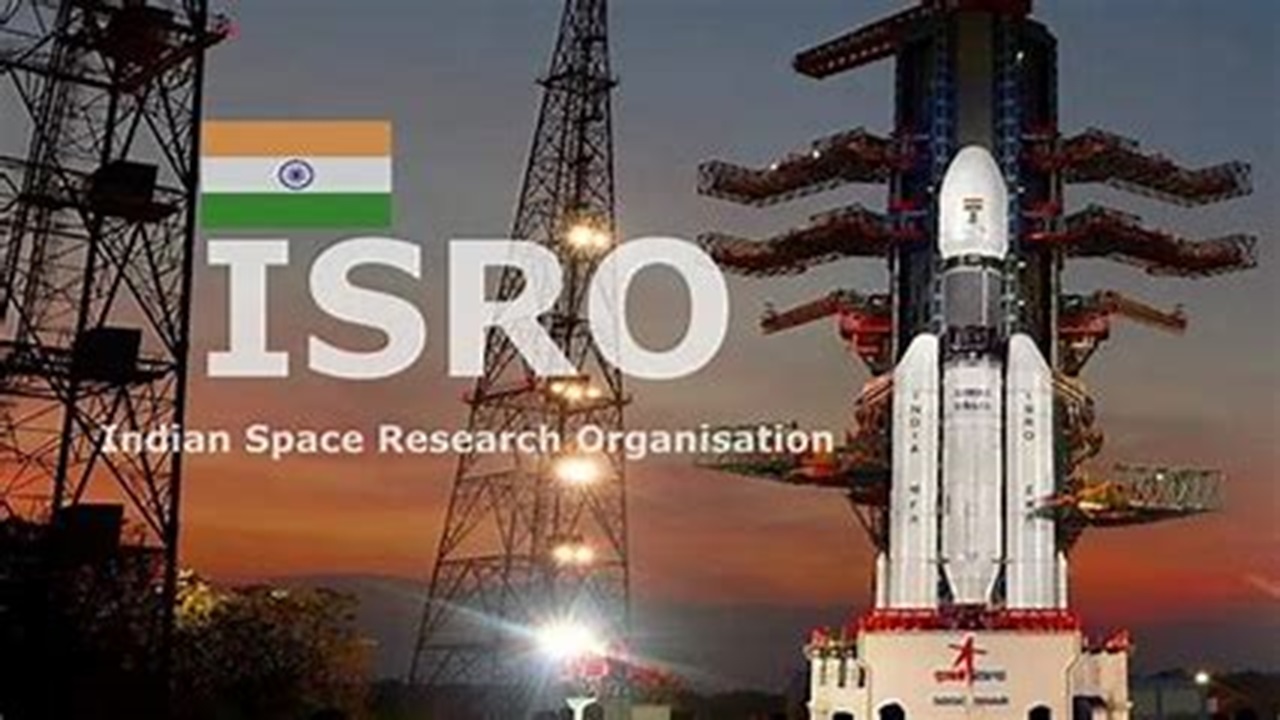India’s Space Program: A New Era of Exploration, Empowerment, and Global Leadership
Introduction
India’s space program is rapidly transitioning from a symbol of scientific aspiration to a vehicle for global leadership, technological innovation, and national empowerment. In a recent address at the Global Space Exploration Conference (GLEX) 2025, Prime Minister Narendra Modi outlined a bold roadmap for India’s space future, reiterating that India's progress in space is driven not by competition, but by a vision of shared growth, national pride, and service to humanity. His assertion that “India’s rockets carry the dreams of 1.4 billion people” encapsulates the nation’s deep commitment to harnessing space for inclusive development.
Space as a Catalyst for Empowerment
Prime Minister Modi highlighted how India’s space program serves not only scientific advancement but also everyday governance and citizen welfare. Applications of satellite data range from:
-
Providing early weather and cyclone warnings to fishermen.
-
Powering the Gati Shakti logistics platform for better infrastructure planning.
-
Enhancing railway safety and precision in weather forecasting.
This dual-use approach—scientific and socio-economic—reinforces the idea that space technology is central to transforming lives and ensuring holistic development.
A Legacy of Milestones
India’s journey in space began with a humble launch in 1963. Since then, the Indian Space Research Organisation (ISRO) has consistently achieved global acclaim:
-
Chandrayaan-3 (2023): First successful landing near the lunar South Pole.
-
Chandrayaan-1: Instrumental in discovering water on the Moon.
-
Chandrayaan-2: Provided the highest-resolution images of the lunar surface.
-
Mangalyaan (2014): India became the first nation to reach Mars on its maiden attempt.
-
Engineering Achievements:
-
Developed cryogenic engines indigenously.
-
Launched 100 satellites in a single mission.
-
Facilitated over 400 satellite launches for 34 countries.
-
Achieved satellite docking—an essential capability for future human spaceflight missions.
-
Vision 2040: India’s Space Roadmap
PM Modi unveiled an ambitious timeline for future space exploration:
-
2025: Astronaut Shubhanshu Shukla to participate in a 14-day joint ISRO-NASA space mission aboard the International Space Station (ISS) under the Axiom-4 mission.
-
2035: Establishment of the Bharatiya Antariksha Station—India’s own space station.
-
2040: Indian astronauts to land on the Moon, with Mars and Venus missions also planned.
These milestones position India not just as a space-faring nation but as a global pioneer in deep space exploration and research.
Fostering Private Sector Innovation
A crucial driver of this space resurgence is India’s vibrant and rapidly growing private space ecosystem:
-
Over 250 space startups are now active in India.
-
Innovations include advanced propulsion systems, earth imaging tech, and small satellite launches.
-
Over 22,000 jobs have been created in the past decade.
-
Women-led initiatives underscore the inclusive growth of India’s space sector.
Private players are complementing ISRO’s efforts and accelerating India’s emergence as a global hub for space technology.
Strategic Diplomacy through Space
India’s space program is also an instrument of foreign policy and regional cooperation. Key initiatives include:
-
South Asia Satellite project – enhancing communication and meteorological capabilities in the region.
-
G20 Satellite Mission – announced during India’s G20 presidency, aims to serve the Global South and promote shared scientific development.
These initiatives reflect India’s commitment to “space for all”, reinforcing its identity as a responsible space power and champion of multilateralism.
Conclusion
India’s space program today is a dynamic blend of ambition, inclusion, and internationalism. With an inspiring legacy of achievements and a futuristic roadmap, the country is poised to become a major global space power. PM Modi’s vision—grounded in technological excellence and social good—offers a blueprint where rockets not only carry satellites but also the aspirations of billions. As India sets its sights on the Moon, Mars, and beyond, it reaffirms that its journey into space is not just scientific, but profoundly human.a


.jpg)

Comments (0)